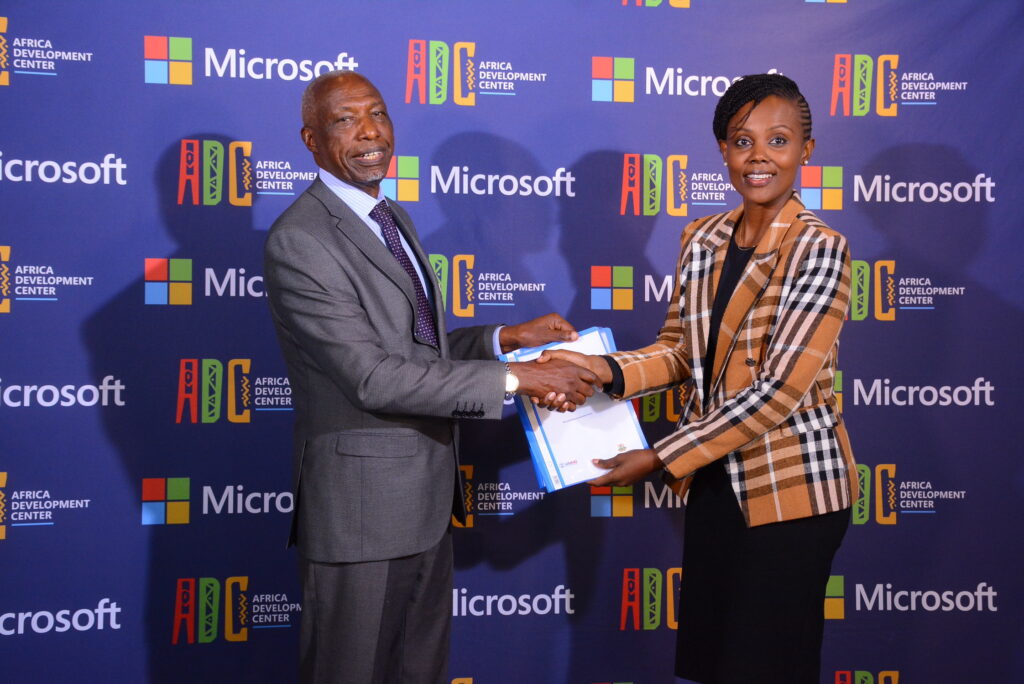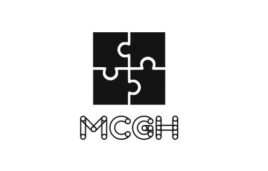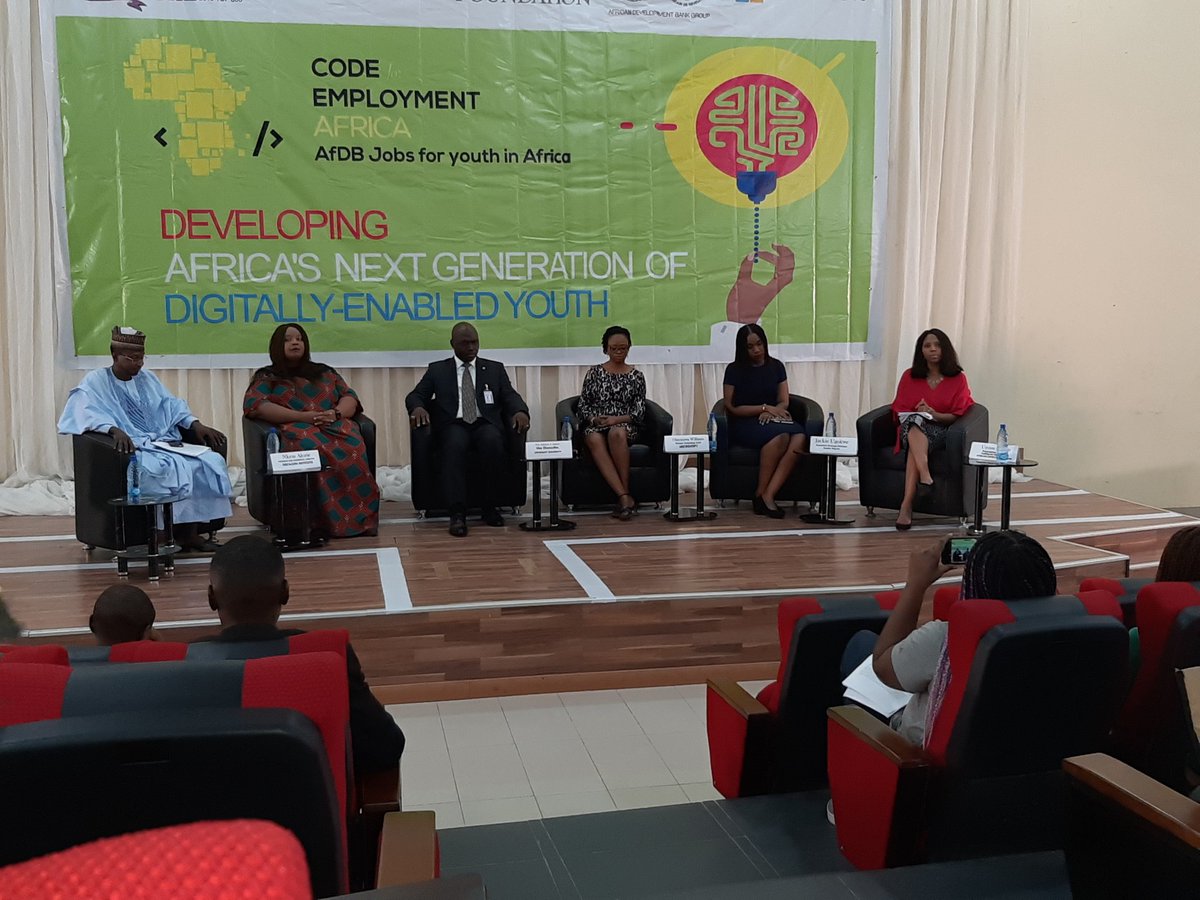
Young African Leaders Initiative and Microsoft Africa Development Centre partner to improve youth digital skills
The Microsoft Africa Development Centre (ADC) and the Young African Leaders Initiative Regional Leadership Centre East Africa (YALI) have signed a memorandum of understanding to collaborate to provide digital skills programs and solutions to young leaders in the region.
According to the MoU, the ADC will provide YALI participants with capacity-building opportunities in digital skills such as the Internet of Things, artificial intelligence, and machine learning, access to its innovation hub at the Microsoft Garage and avail mentorship and training opportunities. YALI, for its part, will collaborate with Microsoft ADC to develop the digital skills programs and will avail training participants and its alumni for training and idea competitions. The YALI alumni will also seek to spread Microsoft’s digital literacy training to other youth.

Speaking at the signing ceremony, Catherine Muraga, the ADC Managing Director, noted that the partnership is another step in the organisation’s mission to improve digital skilling for African youth.
“Partnerships are a vital part of our mission as Microsoft to empower everyone to do more. YALI provides essential skills to build a better future, and we are excited to contribute to improving digital skills among their participants. Preparing young leaders with the knowledge to excel within an increasingly digital-first landscape is a great way to set the continent up for success within the global economy,” said Muraga.
Housed at the Kenyatta University for the East Africa region, YALI participants will benefit from skills-building programs co-created by ADC with the intention of improving their digital capabilities as part of their training to add more excellent value to society through sustainably impacting both public and private sector.
Prof. Paul Wainaina, the Kenyatta University Vice Chancellor, said: “The engagement between the Young African Leaders Initiative and the ADC is an opportunity to grow the digital skills of our trainees while augmenting the vision and goals of both YALI and the ADC. It is also a great opportunity to engage in designing training modules for our program’s current and future participants.”
The Africa Development Centre, Microsoft’s premier engineering arm in Africa, is already implementing various projects to improve digital skills, including the recently concluded Game of Learners university coding competition and several other initiatives from the elementary school level into the workplace.
“Our digital skilling efforts align with YALI’s vision of providing access to all emerging leaders regardless of socio-economic status. We are actively investing in creating and fulfilling opportunities for all Africans in the drive towards continental digital transformation,” added Muraga.
Check out what’s new on our YouTube channel. Subscribe to follow for the latest videos and news in the ecosystem.
Check out other Microsoft stories making the news across Africa and the Middle East region.
- YouTube wouldn’t build an app for the Apple Vision Pro, so Someone did! Introducing Juno
- What is Microsoft 365?
- Get to know Norton Genie app?
- Microsoft Copilot on iOS and Android get upgrade
- Microsoft’s new OneDrive design is out now!
- Sudo command comes to Windows 11
- Google has announced that its first cloud region in Africa is now open for business.
- Apple Vision Pro Review
- Apple’s first-party Podcasts app
- What is Amazon presents Diffuse to Choose?

